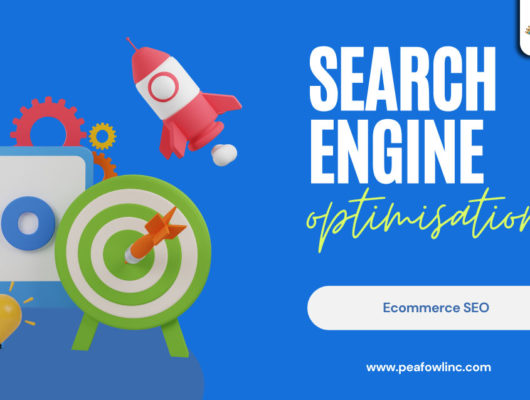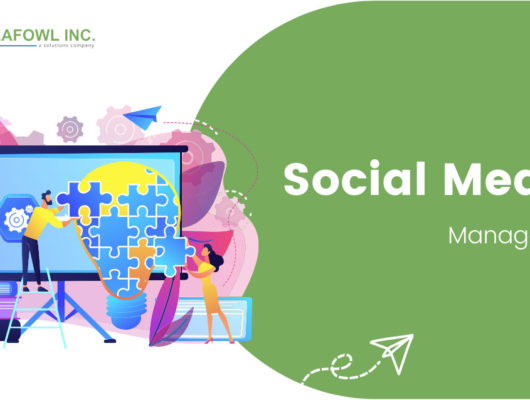Is the content written by AI allowed or prohibited? Google answers SEO questions about tagging texts generated by tools like ChatGPT. Most AI tools like ChatGPT have quickly gained popularity over the past few months. It prompted Google to respond and answer the difficult question of what content AI Ranks writes for Google. If you want to integrate AI-generated content into your website and rank your pages on Google, here’s what you need to know.
Google’s Vision of Content Quality
Google points out that it always respects and ranks high-quality content, regardless of how it is written. It also knows the importance of AI to business success but considers relevance the most important factor. Thus, Google answers the question:
No, it is not prohibited to integrate AI-generated content, and web pages containing it can be legitimately referenced. Furthermore, Google crawls and ranks content according to the EEAT concept: expertise, experience, authority, and reliability. These four words summarize the criteria that should be respected to create content that Google will appreciate.
This means that Google praises AI and specifies that this technology fits well with its vision. AI can be an essential tool to help people create high-quality content for the web. We will continue to adopt a responsible approach while maintaining high standards regarding the quality of information and the usefulness of the content.
PANDA (Google Algorithms to Punish SPAM)
Therefore, Google judges the content on its own, regardless of the nature of its authors. But it penalizes content written artificially with the primary goal of manipulating rankings in search results, in violation of its anti-spam policies. It refers to anti-spam rules and warns those who use artificial intelligence to obtain first positions in SERPs. The PANDA algorithms works continuously to find the spacious content.
Appropriate use of AI does not conflict with Google’s recommendations.
Google generally doesn’t block content written by AI because this process can create exciting content. The search engine is so efficient that it can detect low-quality content, whether automatically generated or not. Going a step further, Google has taken serious steps to avoid the spread of false information, and Google applies the same principles – but the engine is more careful about quality when it comes to health, political, or financial information.
To analyze signals and determine which content written by AI was generated to manipulate rankings, Google uses several systems, including SpamBrain.
In conclusion, AI-generated content can indeed rank in Google search results if it meets the search engine’s relevancy, quality, and user experience criteria. However, it is essential to remember that AI is a tool, not a silver bullet. The human touch remains essential in creating and improving content. Combining AI efficiency with human expertise can maximize your chances of success in the ever-competitive world of SEO and digital marketing.







